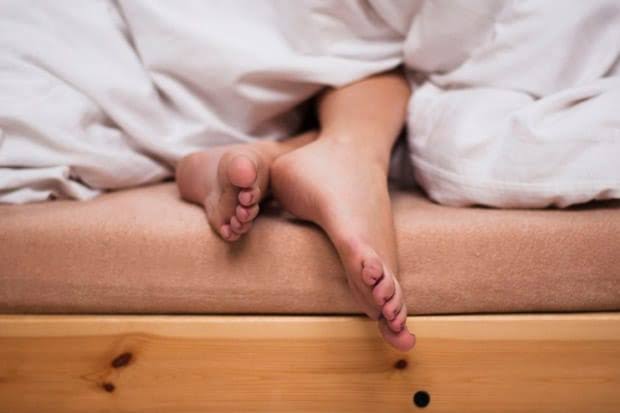A new hormone injection called kisspeptin has shown promising results in boosting the sexual appetites of both men and women suffering from hypoactive sexual desire disorder (HSDD), according to recent clinical trials conducted by researchers from Imperial College London. HSDD occurs when a subpar sex drive triggers psychological distress, and the condition affects up to 10 percent of women and one in 12 men.
Read: boosts your libido
The study author, Dr. Alexander Comninos, explained that HSDD can have “a major detrimental impact on relationships, mental health and fertility.” He also noted that the few existing treatment options for HSDD in women can have significant side effects and limited effectiveness, and there are currently no licensed treatments for men. “There is a real unmet need to find new, safer and more effective therapies for this distressing condition,” Comninos said. “Our studies provide proof-of-concept for the development of kisspeptin treatments.”
The trials involved 32 premenopausal women aged between 19 and 48, and 32 men between 21 and 52, all of whom had HSDD. Each participant underwent brain MRI imaging, as well as blood and behavioral tests. After receiving the hormone injection, all reported positive increases in their sexual behavior.
In the first study, the team found that kisspeptin improved sexual and attraction brain activity in the female subjects, who reported feeling “more sexy” during treatment. In the second trial, which involved the men, researchers found that penile rigidity increased by up to 56 percent for participants using the medication, and the men also saw a rise in their “happiness about sex.”
Read : Daily Foods Which Boosts Sex & Kills Sex
The team described the findings as “highly encouraging,” as both male and female subjects experienced increased arousal and attraction. Larger studies are now planned to develop kisspeptin as a treatment for anyone dealing with sexual disorders caused by unexplained low libido.
Overall, these results are a significant development for individuals struggling with HSDD and could lead to the development of safer and more effective treatment options. However, as with any medication, it is essential to discuss potential risks and benefits with a healthcare provider before starting any treatment.




